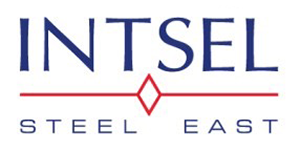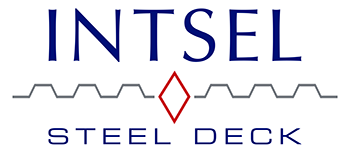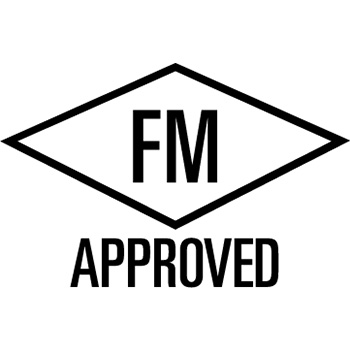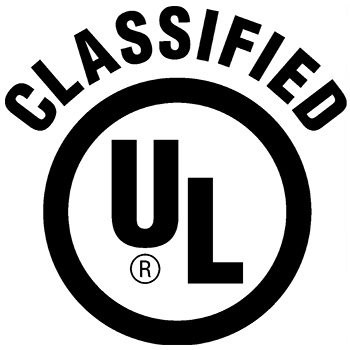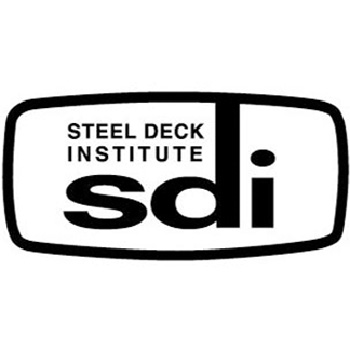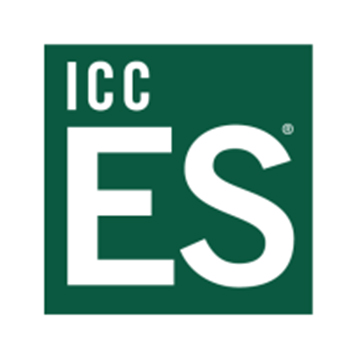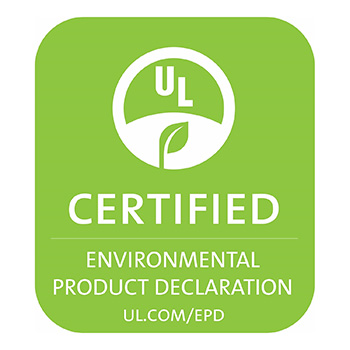Corrugated Metal Decking For Concrete At Bushwick Metals
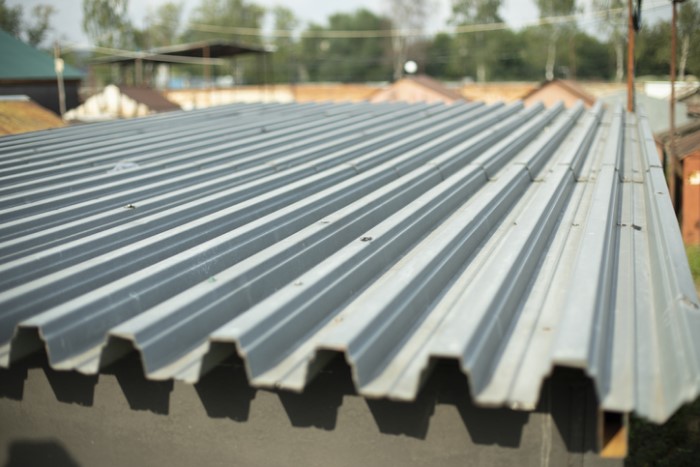
If you are pouring concrete, you need to know what kind of support will best serve your project. Companies and project managers interested in the ins and outs of corrugated metal decking might be surprised at the versatility and durability of this decking.
To give an overview of the applications, benefits, and installation of corrugated metal decking for concrete, we’ve got a quick guide for you.
So, let’s begin.
What Is Corrugated Metal Decking?
Decking provides support for concrete as it cures. Structural concrete is an integral part of residential and commercial construction. There are several types of decking used for such projects:
- Wood decking
- Steel decking
- Composite metal decking
- Corrugated metal decking
It’s important to understand that steel decking can be in either composite or corrugated metal form. We’ll cover this difference below. But, for now, let’s look at how wood and corrugated metal decking for concrete compare.
Corrugated Metal vs. Wood Decking
Structural concrete requires different levels of reinforcement depending on the concrete elements used. On average, concrete weighs between 140 to 150 lbs per cubic foot. This means the supporting decking must be able to support this weight. Wooden decking is designed for concrete slabs where the height of concrete does not exceed 6 inches.
Unfortunately, wood is not ideal for shoring large areas, especially for multi-story buildings where the concrete extends over several beams. Here, the reinforcement structure needs to support a lot of weight. Wood has a tensile strength of 0.65 MPa. In this regard, even at its lowest, the average tensile strength of steel is far superior at 200 MPa.
Corrugated Metal
This is where metal decking forms have the advantage. Moreover, in terms of cost-effectiveness, steel is often the cheaper option.
Early 2022 saw a 26.7% rise (from $979 to $1336 per thousand feet) in monthly lumber prices, whereas steel prices dropped during the pandemic by 8%. This cost was no doubt inflated by rising timber prices due to increased tariffs, labor shortages, and mill closures.
Although these areas also affected the steel industry, in terms of the longevity of metal compared to steel, returns are usually better. Steel has an average lifespan of 35 years, with durable timber only reaching 15 to 25 years. Additionally, unlike wood forms that need removing after shoring, steel forms don’t need removing after curing the concrete.
Composite vs. Corrugated Metal Decking
Both corrugated and composite steel decking serve to reinforce concrete. Shape and finish characterize the difference between the two. Composite metal decking has a ribbed profile.
These are embossed dents in the metal. When the concrete is poured, the embossing gives the concrete an area to grip on as it cures. This significantly increases the structural integrity of the finished structure.
The ridges are flattened at the top and ends of their valleys and peaks with corrugated metal decking. The flat surface provides a larger area for the concrete to adhere to. The deeper the grooves, the thicker the slabs of concrete that can be applied. In turn, the strength of the finished support is greater. Corrugated metal is lightweight but remarkably rigid, meaning more concrete can be poured as needed.
Typically, corrugated steel is best for supporting short concrete slabs, whereas composite decking is for thicker or longer slabs. In terms of cost, composite decking can range from $400 to $800 per ton, with corrugated decking at $350 to $600 on average.
Uses of Corrugated Metal Decking
As mentioned, the primary use of metal decking is to provide temporary shoring for concrete slabs. In terms of combined applications, corrugated metal decking for concrete is suitable for:
- Wall panels
- Steel canopies
- Mezzanines
- Floors
- Roofs
- Siding panels
In general, we see steel decking used in many applications. This is because it can be directly transported to construction sites as it has already precut according to application. This makes using steel decking easy and time-effective.
Types of Steel Form Decking Profiles
Different deck panels come with different profiles. These differences affect length, strength, and cost. Within these profiles, you can also specify different gauges. The lower the gauge, the heavier the weight. Heavier gauges prevent sagging between roof beams. The further the span between beams, the heavier the gauge will need to support the weight.
Type B
This is the most common decking profile. Type B forms are primarily used to support roofing. Its panels are usually corrugated with 1 and a half-inch deep ridges, 36 inches wide.
Type N
This type of profile is best for projects with a long span between beams. It has deep-set ridges of 3 inches giving it more strength to support increased beam distance. The width between ridges can be 24 or 36 inches, depending on the strength of support needed. Again, type N is primarily used for roofing.
Why Do You Need Corrugated Metal Decking for Concrete?
Steel decking, corrugated and composite, have many benefits. The most notable advantages include:
- High weight to strength ratio
- Low cost
- Easy to handle
- Quick to install
- Cost-effective
The next step is choosing the right supplier for the job. That’s the only way to ensure you’ll be able to capitalize on all these benefits.
Why Choose Bushwick Metals?
Bushwick Metals offers next-day delivery for a wide range of products, including corrugated metal decking for concrete.
For project managers and purchasing teams, we provide affordable inventory solutions. You can order when needed and cut hefty storage and inventory costs. We are a reliable vendor for expanded metal, grating, strips, cut plate, galvanized long products, beams, and more. We partner with businesses to offer a one-stop solution to all their steel sourcing.
So, why not contact us today to find out why we’re Northwest’s leading wholesale distributor.
